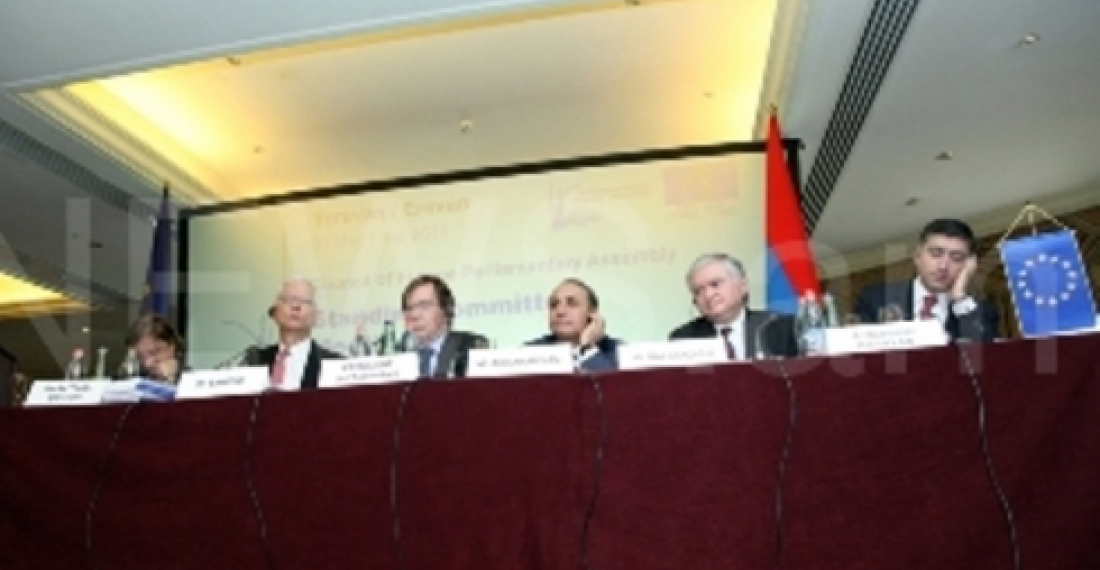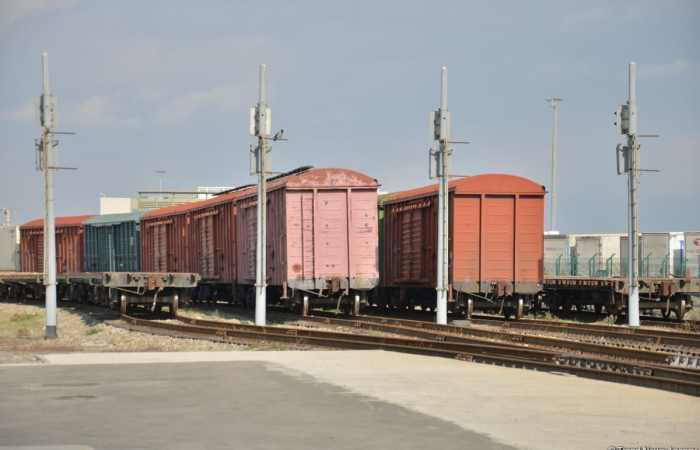Постоянная комиссия Парламентской ассамблеи Совета Европы выступила с заявлением о своей позиции по нагорно-карабахскому конфликту. Это заявление было сделано во время заседания в Ереване, 31 мая, что совпало с началом председательства Армении в Совете Европы.
В заявлении ПАСЕ говорится:
"Поиск мирного решения нагорно-карабахского конфликта является обязательством, взятым на себя Арменией и Азербайджаном при вступлении в Совет Европы. В этом контексте мы выражаем нашу полную поддержку переговором в рамках МГ ОБСЕ на базе "Мадридских принципов", которые создают основу для решения нагорно-карабахского конфликта.
Ассамблея призывает Армению и Азербайджан воспользоваться возможностью, которое предоставляет председательство в Комитете министров Совета Европы в целях содействия примирению между этими двумя государствами-членами и их населением, а также активизировать поиск в рамках Минской группы ОБСЕ решения нагорно-карабахского конфликта. Это должно быть отражено в соответствующих приоритетах этих двух председателей.
Наша Ассамблея готова сделать все от нее зависящее, посредством парламентской дипломатии, в целях содействия диалогу и созданию климата доверия между парламентариями обоих государств-членов."
Источник: Совет Европы
Фото: заседание Постоянного комитета ПАСЕ в Ереване, 31 мая 2013 г. (фото любезно предоставлено Советом Европы)






